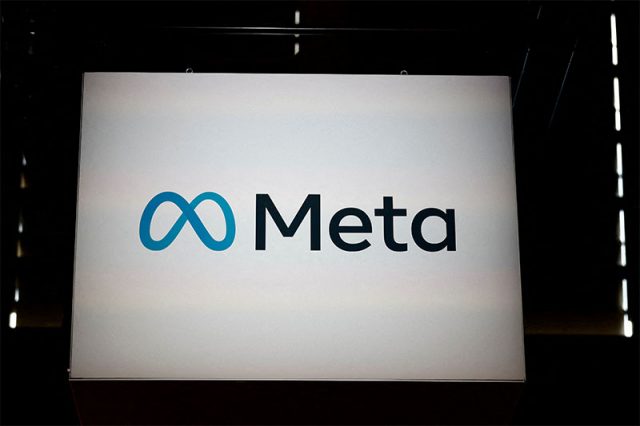
Meta Platforms plans to cut off access to news on Facebook and Instagram for all users in Canada once a new law requiring internet giants to pay news publishers takes effect, arguing news has no economic value to the company and that its users do not use the platform for news.
Canada drafted new rules after legacy media companies complained about internet companies elbowing news businesses out of the online advertising market.
Why are technology companies against the law?
The Canadian parliament passed “Bill C-18” into law, requiring internet giants to pay news publishers.
The Online News Act forces platforms like Facebook and Alphabet’s Google to negotiate commercial deals and pay news publishers for their content.
RELATED: Meta to test limiting some news access on Facebook, Instagram in Canada
Both Meta and Google had warned they would withdraw access to news articles on their platforms in Canada if the legislation is passed into law without amendments. Facebook says links to news articles make up less than 3% of the content on its users’ feed, and that journalists benefit from posting their work on the social media platform.
Google has argued Canada’s law is broader than those enacted in Australia and Europe, and puts a price on news story links displayed in search results and can apply to outlets that do not produce news.
Google proposed that the bill be revised to make the displaying of news content, rather than links, as the basis for payment and to specify that only businesses that produce news and adhere to journalistic standards are eligible to receive payments.
What happened when similar rules were passed in Australia?
Google and Facebook had also threatened to curtail their services after Australia became the first nation to enact similar laws in 2021. Eventually both struck deals with Australian media companies after amendments were made to the legislation.
During the fight, Facebook blacked out Australian news pages and only restored them once the government granted concessions.
Yet in the year following the law taking effect, Meta and Google have paid some A$200 million ($134 million) annually to Australian news outlets, according to a report from the former chair of Australia’s competition regulator.
What could the global impact be?
Lawmakers are pushing for similar rules in Meta’s home state of California and in the U.S. Congress. Meta says it makes 40% of its revenue, which was $117 billion last year, in the U.S. and lists Australia and Canada among its most significant markets. If Meta fails to secure exemptions or get the rules changed in Canada, the tech giant may face a similar fate in the United States.
In 2022, U.S. lawmakers released a revised version of a bill aimed at making it easier for news organizations to negotiate collectively with platforms like Google and Facebook.
The New Zealand government said in 2022 it would introduce a law requiring big online digital companies to pay New Zealand media companies for the local news content that appears on their feeds.
—Reporting by Samrhitha Arunasalam in Bengaluru; Editing by William Maclean









